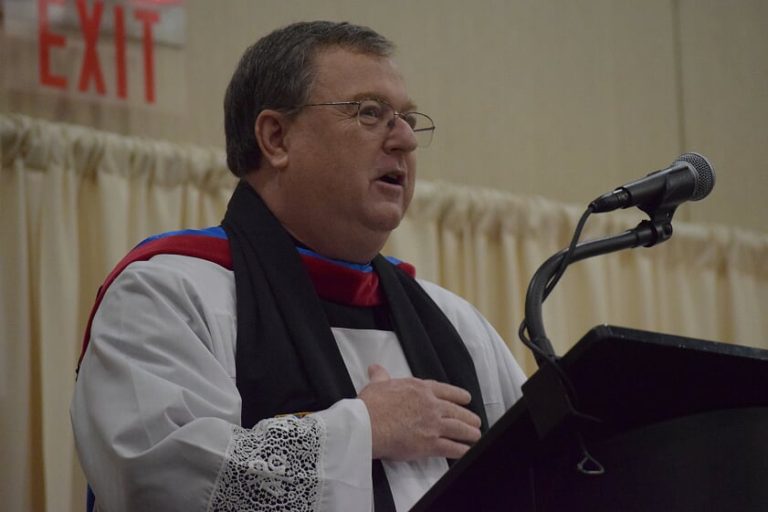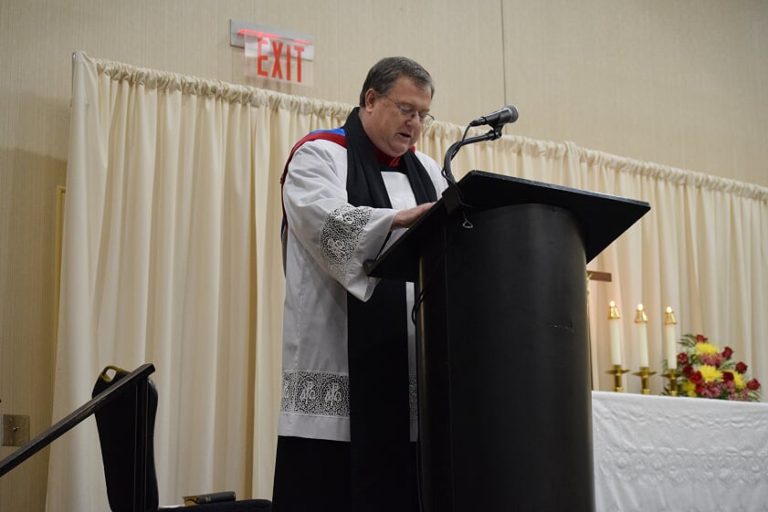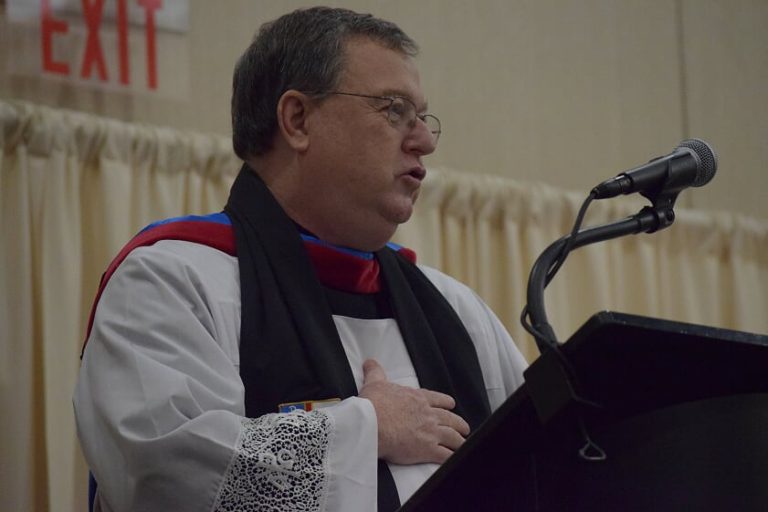Sermon Notes: Trinity VIII; Rev. Dennis Washburn, Ph.D.
How do you react when religion, faith or beliefs are mentioned- especially outside a church building? There are two common responses. Some people become nervous or uncomfortable because they don’t like religious discussion. Other people of differing persuasions are well disposed to discussions of religion. They assume that professing some faith, especially a Judeo-Christian one, is basically good.
In fact, there are drawbacks to each of these responses to religion. Those who are skeptical about all religion ignore the spiritual dimensions of the universe and misunderstand some basic human traits. The opposite response is also has problematic. Assuming that all or most religion is good also ignores biblical truth. For while the religious impulse is natural, not all religion is the same. There is bad religion as well as good.
In today’s gospel, Christ warns us about bad religion. In St. Matthew 7:15, He begins, “Beware of false prophets…” Then in Matt. 7:21 He concludes, “not everyone who saith unto me, Lord, Lord, shall enter the kingdom of heaven….:
During His earthly ministry, Jesus Christ exposed a great deal of bad religion. Some religious people opposed Him strongly. Some others claimed to support Him at times, but they were not really committed to Jesus.
The false prophets purported to be religious leaders. They claimed to serve goodness, and they would often appear harmless (they were in sheep’s clothing). But inwardly, they were like hungry wolves in the midst of a flock of sheep. They were really selfish, out for themselves, and destructive.
False disciples honored Jesus and used some religious words without meaning anything. They might give lip service to high principles, but they did not really care about God’s will. Their hearts, minds and souls were not really committed to Christ’s Gospel, and they would not produce good fruit.
The problems caused by false prophets and false disciples have not been confined to New Testament times. Bad religion has been a recurring danger in church history, and it is a serious problem for Christianity in our day.
One might argue that false prophets and false disciples are the most serious threat to Christianity in our time. Of course, the challenges of Islam, neo-Marxism and atheism are significant and endanger many Christians, body and soul. But fake Christians do great damage to Christian faith, community and witness- from within.
There is still a lot of bad religion making a false show of piety. And it can come from any branch of Christianity. There are people who call themselves charismatic, evangelical and catholic or Anglo-Catholic who are selfish and insincere and use Christian labels for their own bad purposes.
There is also a lot of contemporary churchmanship that is more concerned with secular standards and political correctness than with eternal Christian truth. There are false Christians who are more interested in organization or denomination than in Biblical Faith. There are people more dedicated to social respectability or worldly acceptance than to Christian morality.
Such false Christianity sometimes manages to appear good for a while, but in the long run, this kind of religion does not produce the lasting good fruit. Such false Christianity actually tends to hinder the true spread of the Gospel and give all religion a bad reputation.
So what do Christ’s warnings about bad religion mean for us? This is a deep and complicated issue, but today I would briefly suggest two points. First, we need to take Christ’s warnings seriously. We must remain aware that all religion is not good. We should not become complacent or gullible in religious matters. Some things wrapped in a Christian label do not deserve our acceptance. Thus, we must be on our guard against false prophets and false disciples. We must make practical judgments based on our loyalty to the Scriptures, the Creeds and the basic commandments.
Secondly, besides warning about bad religion, our Gospel today encourages us to grow deeper in our commitments to Jesus Christ. Pious words can be a start, but our Lord asks for more than a few pious words. He asks His followers for a living and true faith in Him and His message. He wants His Gospel to permeate our whole approach to life. He asks us to care for and cultivate the tree of faith so that it can produce much good fruit. So let us sincerely profess and live out our loyalty to Christ and keep Him at the center of all that we say and do.





